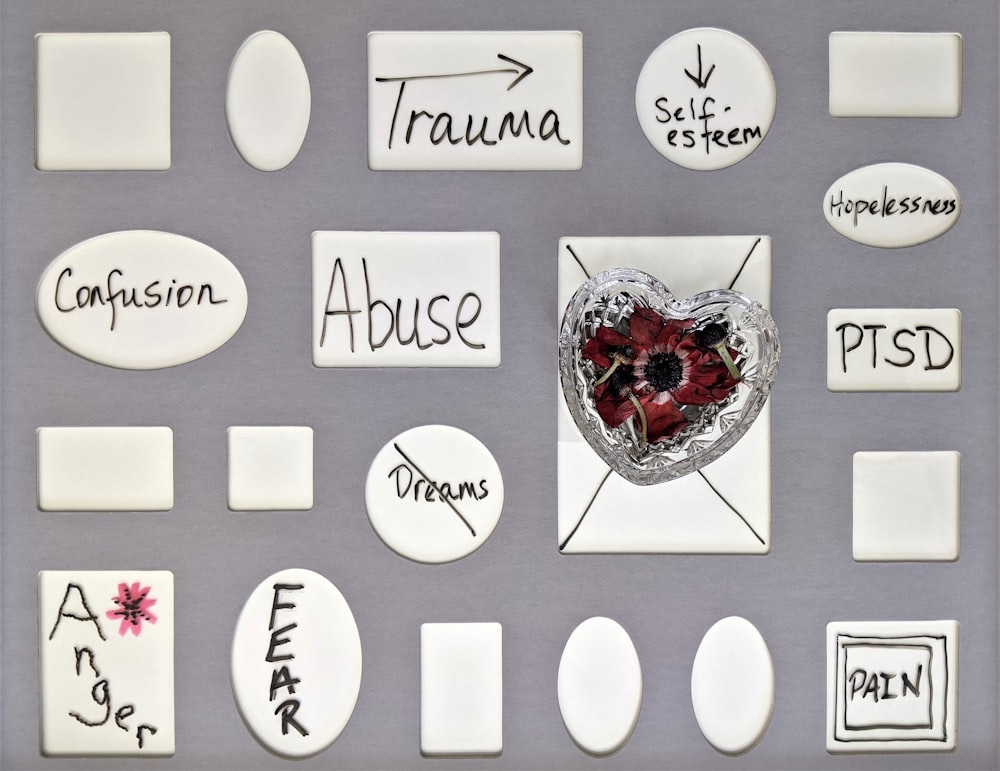Battling PTSD Brain Fog: Strategies for Clarity
Understanding PTSD Brain Fog
Living with post-traumatic stress disorder (PTSD) can be incredibly challenging, especially when accompanied by brain fog. This mental haze can make it difficult to concentrate, remember things, and think clearly. Understanding what causes PTSD brain fog is the first step in finding effective strategies to combat it.
The Impact of Trauma
PTSD brain fog often stems from the intense emotional and psychological effects of trauma. When someone experiences a traumatic event, their brain can become overwhelmed with stress hormones like cortisol, leading to cognitive impairments such as memory problems and difficulty focusing. These symptoms can persist long after the traumatic event has ended, making it challenging to navigate daily life.
Common Symptoms of PTSD Brain Fog
PTSD brain fog can manifest in various ways, including forgetfulness, confusion, trouble concentrating, and feeling mentally exhausted. Individuals may also experience difficulty finding the right words, processing information, and making decisions. These symptoms can significantly impact a person’s ability to function at work, in relationships, and in other areas of life.
Managing PTSD Brain Fog: Strategies for Clarity
While PTSD brain fog can be debilitating, there are strategies that individuals can use to help manage symptoms and improve mental clarity.
1. Practice Mindfulness
Mindfulness techniques, such as deep breathing, meditation, and grounding exercises, can help reduce stress and increase awareness of the present moment. By practicing mindfulness regularly, individuals can learn to quiet their minds and better cope with PTSD brain fog.
2. Establish a Routine
Creating a structured daily routine can provide a sense of stability and predictability, which can be comforting for individuals with PTSD. By establishing consistent habits and routines, individuals can minimize decision-making fatigue and improve cognitive functioning.
3. Get Regular Exercise
Physical activity has been shown to have numerous benefits for mental health, including reducing stress and improving cognitive function. Engaging in regular exercise can help combat PTSD brain fog by increasing blood flow to the brain and promoting the release of feel-good neurotransmitters like endorphins.
4. Prioritize Sleep
Quality sleep is essential for cognitive function and overall well-being. Individuals with PTSD should prioritize getting enough sleep each night and establish healthy sleep habits, such as maintaining a consistent sleep schedule, creating a relaxing bedtime routine, and avoiding caffeine and electronics before bed.
5. Seek Professional Help
If PTSD brain fog is significantly impacting daily functioning, it may be helpful to seek professional help from a therapist or counselor who specializes in treating trauma-related disorders. Cognitive-behavioral therapy (CBT), eye movement desensitization and reprocessing (EMDR), and other evidence-based treatments can help individuals process traumatic memories and learn coping strategies for managing symptoms.
6. Practice Self-Care
Self-care activities, such as spending time in nature, engaging in hobbies, and connecting with supportive friends and family members, can help reduce stress and improve overall well-being. Taking time to care for oneself is essential for managing PTSD brain fog and promoting mental clarity.
Conclusion: Finding Clarity Amidst the Fog
Living with PTSD brain fog can be challenging, but it is possible to find clarity and regain control over one’s life. By understanding the causes of PTSD brain fog and implementing strategies for managing symptoms, individuals can improve cognitive function, reduce stress, and enhance overall quality of life. With patience, perseverance, and support, navigating PTSD brain fog is possible. Read more about ptsd brain fog













